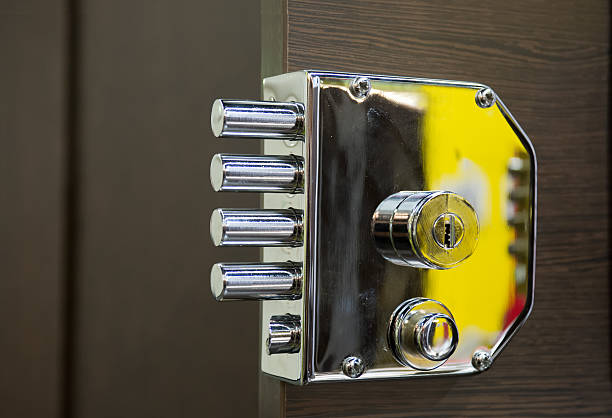
1000 seconds may seem like just a fleeting moment in our busy lives, but in reality, it can hold more significance than we realize. To put it into perspective, 1000 seconds equate to approximately 16 minutes and 40 seconds. During this brief period, the world can change, decisions can be made, and lives can be altered. Let’s take a closer look at how long is 1000 seconds and explore the impact it can have on our daily experiences.
How Long is 1000 Seconds? Exploring the Concept of Time
Time is something that surrounds us every moment of our lives. We use it to plan our day, meet deadlines, and keep track of our activities. But have you ever stopped to consider just how long 1000 seconds really is? In this article, we will delve into the concept of time and explore the significance of 1000 seconds in our daily lives.
The Basics of Time
Before we dive into the specifics of 1000 seconds, let’s take a step back and understand the basics of time. Time is a measurement that helps us understand when things happen. It can be broken down into smaller units like seconds, minutes, and hours.
Imagine time as a big clock that never stops ticking. Every second that passes brings us closer to the future. So, what exactly happens in 1000 seconds?
Breaking Down 1000 Seconds
When we talk about 1000 seconds, we are referring to a period of time. To put it into perspective, let’s break it down into smaller units:
Seconds
One thousand seconds is equal to, well, 1000 seconds! Each second ticks by quickly, but when you add them all up, you get a significant chunk of time.
Minutes
In terms of minutes, 1000 seconds is equivalent to approximately 16 minutes and 40 seconds. That’s almost a fifth of an hour!
Hours
When we convert 1000 seconds into hours, it amounts to roughly 0.28 hours. In other words, it’s just shy of 30% of an hour.
Putting 1000 Seconds into Context
Now that we have a better understanding of how long 1000 seconds is in various units, let’s explore how we can relate this time frame to our daily activities.
Everyday Tasks
1000 seconds might not seem like much, but it can make a big difference in our daily routines. In the span of 1000 seconds, you could brush your teeth, make a sandwich, and tidy up your room.
Sports and Games
Think about your favorite sport or game. In 1000 seconds, you could play several rounds of your favorite game, score a goal, or run laps around the field. Time flies when you’re having fun!
Learning and Growth
1000 seconds can also be a valuable opportunity for learning and growth. You could read a chapter of a book, practice a new skill, or even start a mini-project in that time frame.
Time Flies When You’re Having Fun
As we’ve explored, 1000 seconds may not seem like much in the grand scheme of things, but it holds significance in our daily lives. Time is a precious resource that we should use wisely, whether it’s to accomplish tasks, enjoy activities, or simply take a moment to relax.
So, the next time you hear someone mention 1000 seconds, remember that it’s more than just a number—it’s a piece of time that can be filled with endless possibilities. Make the most of every second, and you’ll find that time truly does fly when you’re having fun!
Now that you have a better understanding of how long 1000 seconds is, take a moment to appreciate the moments that make up your day. Whether it’s 1000 seconds or just a few, each second counts in creating a meaningful and memorable life.
How many minutes are there in 1000 seconds?
Frequently Asked Questions
How many minutes is 1000 seconds?
1000 seconds is equivalent to 16 minutes and 40 seconds. To convert seconds to minutes, you simply divide the total number of seconds by 60.
Can you convert 1000 seconds to hours?
1000 seconds is equal to about 0.28 hours. To convert seconds to hours, you divide the total number of seconds by 3600, which is the number of seconds in an hour.
What is the equivalent in hours, minutes, and seconds for 1000 seconds?
1000 seconds can be expressed as 0 hours, 16 minutes, and 40 seconds. This breakdown helps in understanding the duration more comprehensively.
Final Thoughts
In conclusion, 1000 seconds equates to approximately 16 minutes and 40 seconds. Understanding the concept of time in seconds can offer a different perspective on how we measure intervals. Consider that 1000 seconds may seem fleeting in some contexts but can feel significant in others. Next time you need to visualize a span of time, remember to ask yourself, “How long is 1000 seconds?” It’s a reminder of how precious and fleeting each moment can be.






